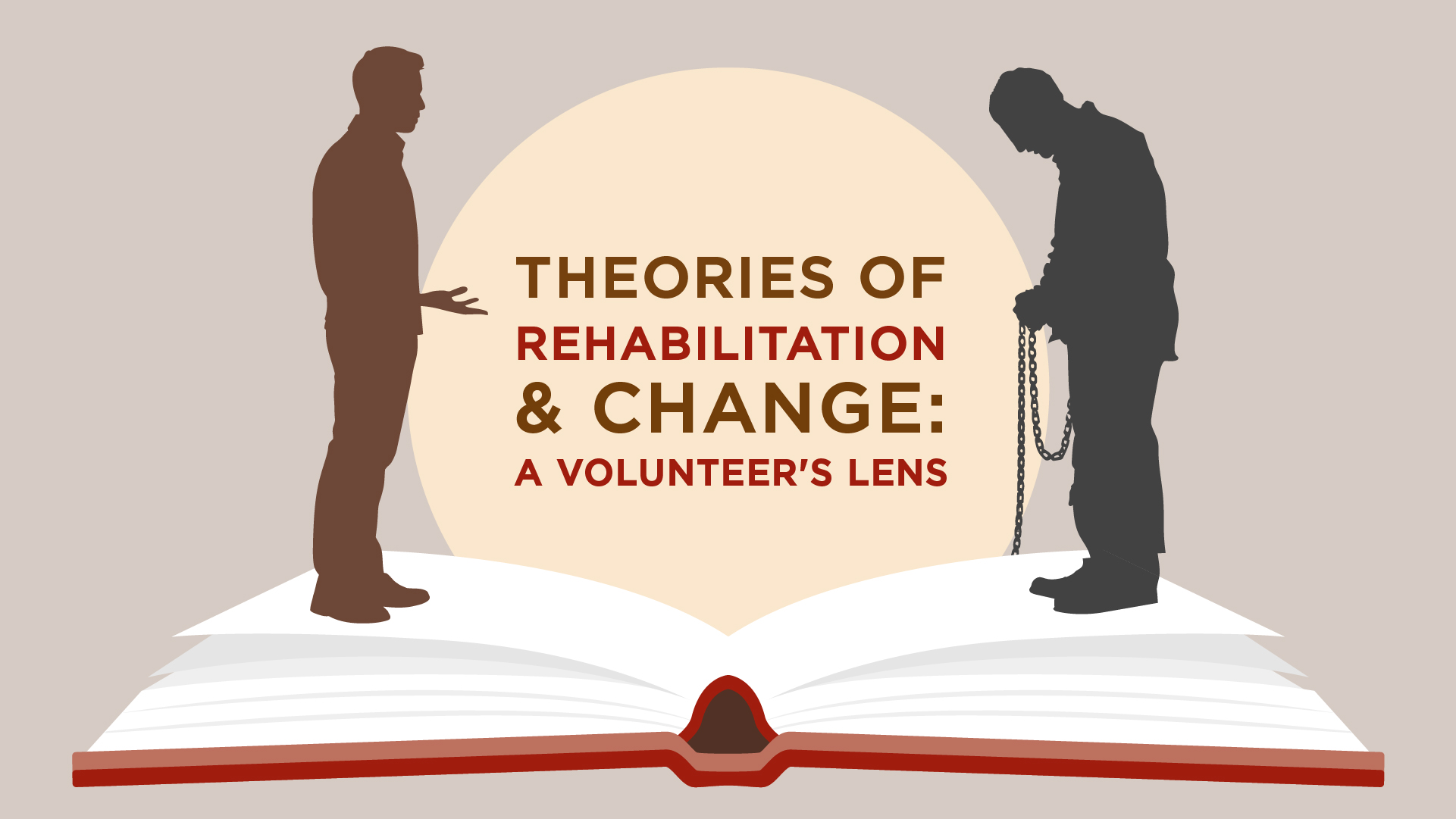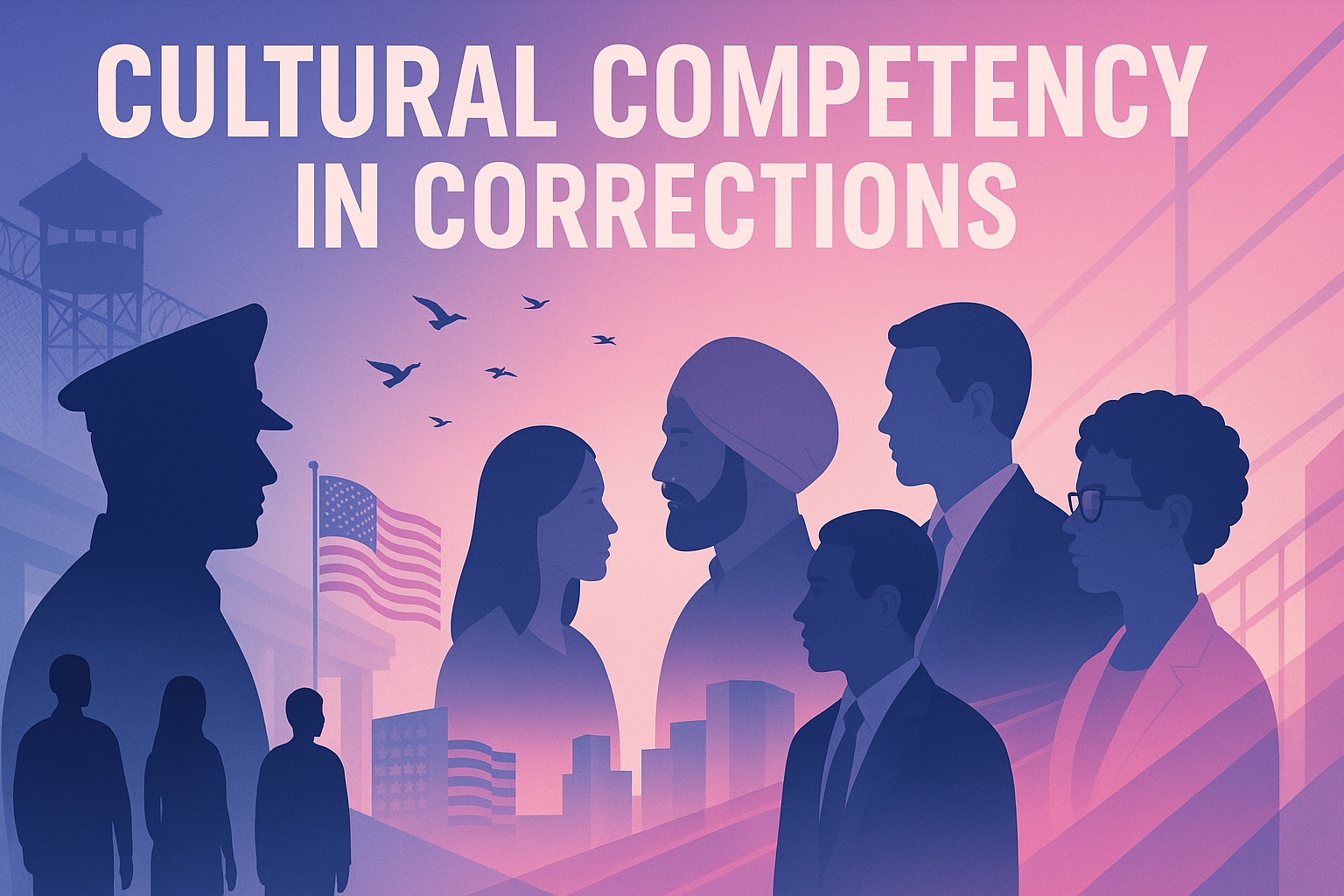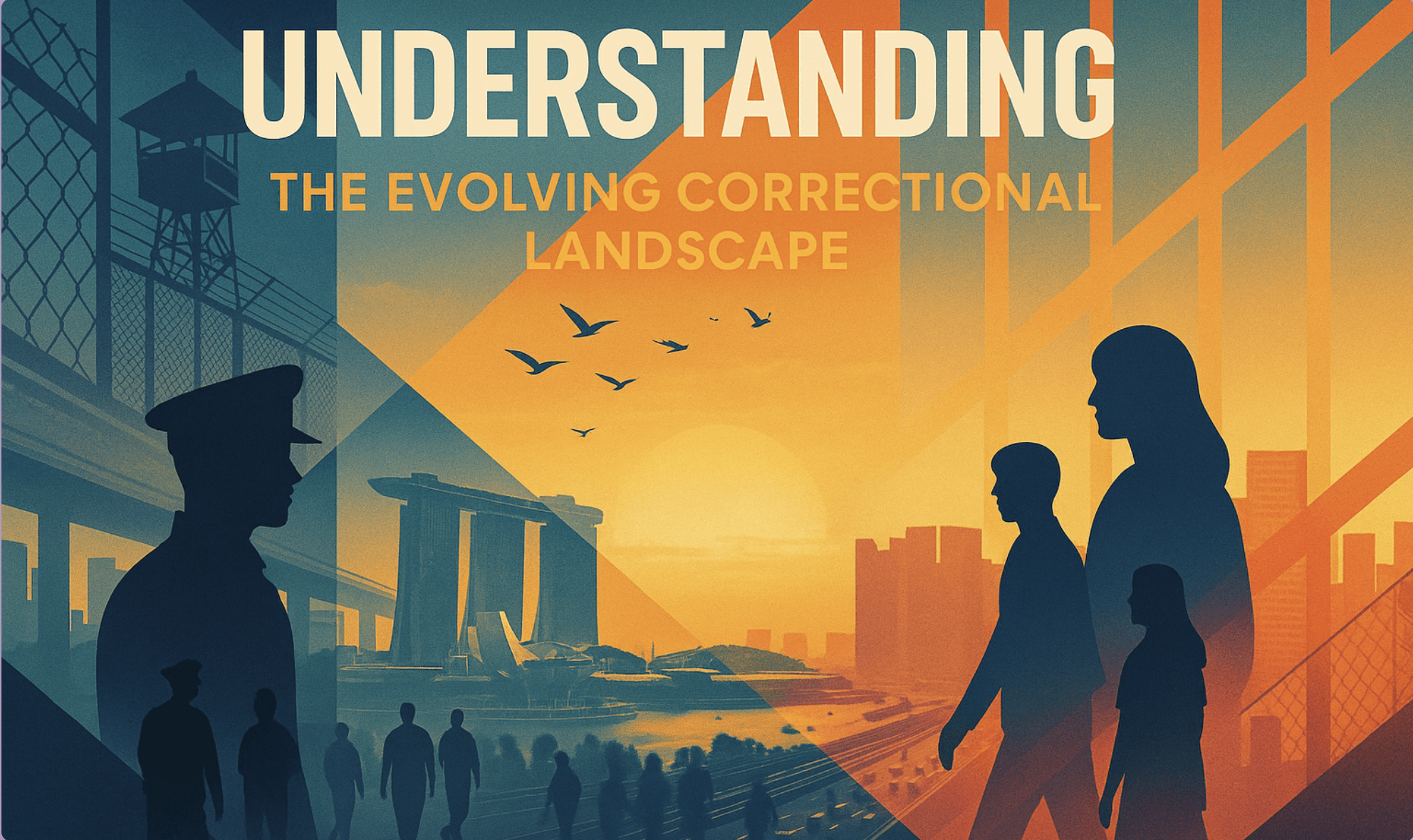
The Theories of Rehabilitation and Change digital training series is a self-paced learning programme designed to provide volunteers and practitioners with a clear, practical understanding of how rehabilitation and long-term change are supported in justice and community-based work. The course introduces three core theoretical frameworks that underpin modern rehabilitation practice: the Risk-Need-Responsivity (RNR) model, the Good Lives Model (GLM), and Desistance Theory.
Drawing from real-world rehabilitation contexts and practitioner experience, this course emphasises that theories are not abstract academic concepts, but practical lenses that help volunteers understand behaviour, guide responses, and support people more intentionally. Participants will learn how these frameworks explain why people offend, what supports meaningful change, and how progress unfolds over time.
Across structured modules and focused episodes, learners will explore how risk, needs, strengths, identity, agency, social bonds, and purpose interact in the rehabilitation process. The programme highlights the complementary nature of the three models: RNR provides structure and focus, GLM builds strengths and motivation, and Desistance Theory explains how change is sustained through time and relationships.









